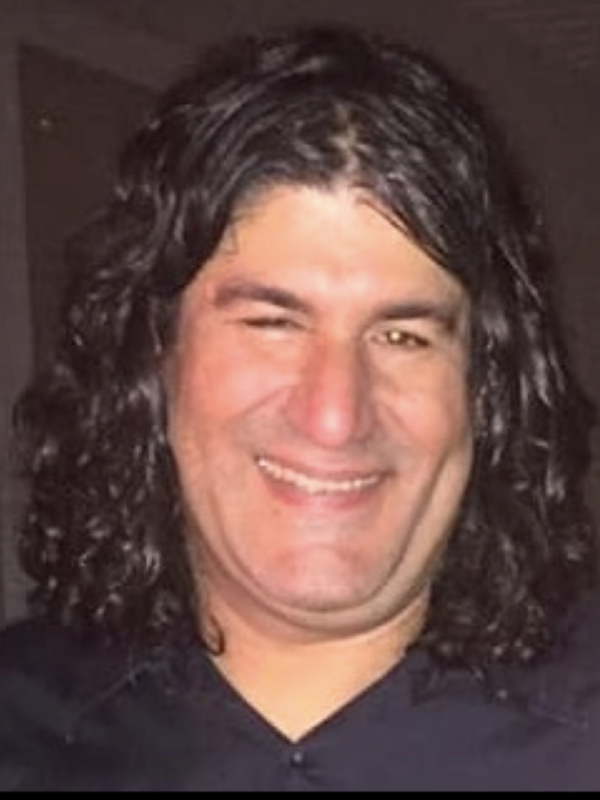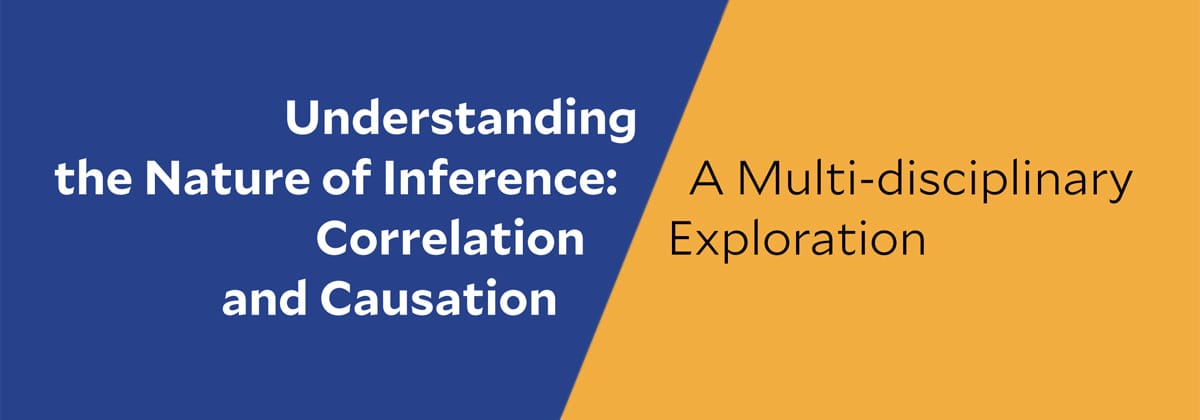
Causal Inference in Complex Non-linear Systems: A Cautionary Tale

Non-linear phenomena like climate systems and epidemics display rich patterns of behavior across various temporal and spatial scales. These rich patterns often produce, in students of these phenomena, the temptation to attribute to them underlying causes. Professor Winsberg will review examples of this from the fields of climate change and epidemiology, by experts and lay people alike. But causal inference in these contexts is especially epistemically perilous. He will discuss, in particular, a method of causal attribution that has been especially popular during the COVID-19 epidemic: the method of synthetic controls, and he will explain why, despite appearances to the contrary, it is not a magic bullet for overcoming these problems.
Dr. Stephanie Harvard, Post-doctoral Fellow of the Michael Smith Foundation for Health Research in the Faculty of Pharmaceutical Sciences at The University of British Columbia will lead a post-talk conversation with Professor Winsberg on June 18th at 3 p.m.
Register in advance for this meeting and for the post-talk discussion:

Eric Winsberg
Eric Winsberg is Professor of Philosophy at the University of South Florida. He works in the philosophy of science, especially in philosophy of climate science and philosophy of physics. He is especially interested in the role of models and simulations in the sciences. He is the author of Science in the Age of Computer Simulation from the University of Chicago Press and Philosophy and Climate Science from Cambridge University Press, as well the forthcoming Cambridge Elements in Philosophy of Science on Models in Science. Over the last several months, he has focused on the use of models and methods of causal inference in the COVID-19 pandemic.
Dr. Stephanie Harvard is the conversant for the post-talk conversation. She is a Michael Smith Foundation for Health Research (MSFHR) Post-Doctoral Research Fellow at the University of British Columbia (UBC), Faculty of Pharmaceutical Sciences. She received a PhD in Population and Public Health in a joint program between the University of British Columbia (Vancouver) and Université Pierre et Marie Curie (Paris) in 2017. Her current focus is on the implications of philosophy’s values in science literature for health economics modelling and knowledge translation (KT). Her MSFHR-funded post-doctoral work focuses on creating educational videos to communicate the role of social and ethical values in modelling, and exploring new ways of informing health economics models with patient and public values. She is also co-lead of the project “A Novel Mechanism to Support Transformative Model Interrogation in Patient-Oriented Health Economics: the Peer Models Network,” funded by the BC SUPPORT Unit Health Economics and Simulation Modelling Methods Cluster. Stephanie is a co-author with Professor Winsberg of the “representational risk” paper on his talk page on our Inference website. Together, they have also co-authored a paper on public participation in public health modeling design. (Stephanie is in “pharmacological sciences,” but what she actually is is a health economist, an especially important function in a single payer health system like Canada’s.)
